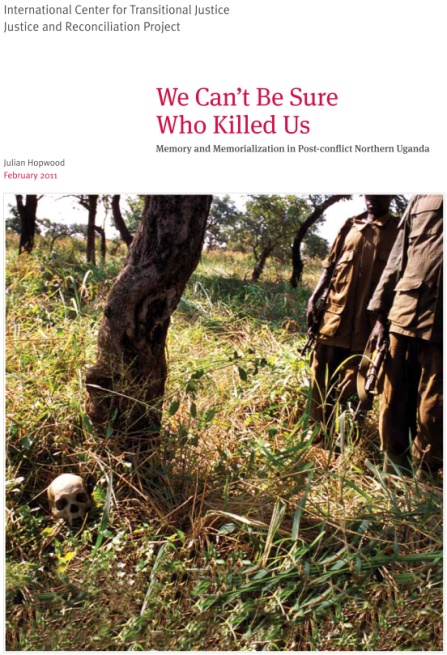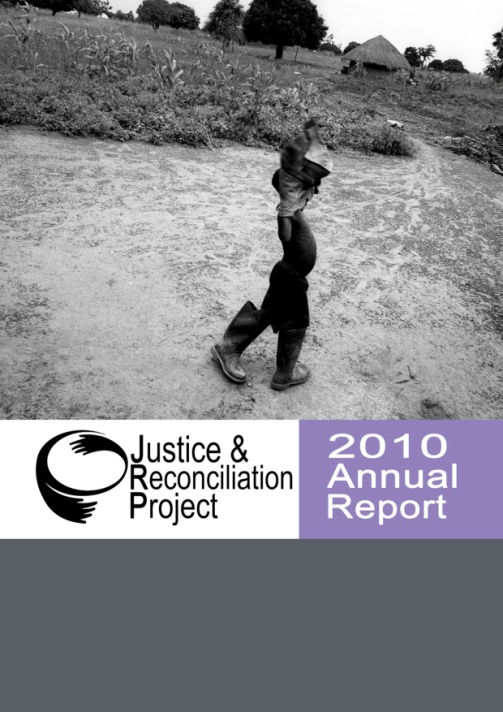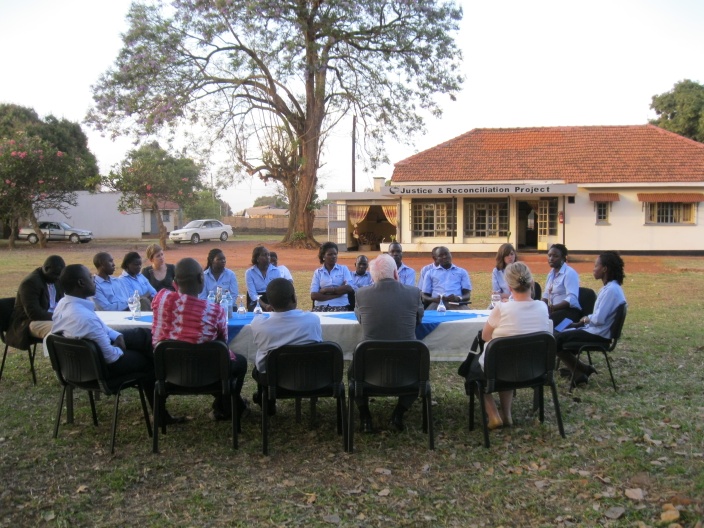“The actor becomes the protector, The Independent, 14-20 January 2011
http://www.independent.co.ug/features/features/3826-the-actor-becomes-the-protector
By Matthew Stein
Focus on stability could be Museveni’s ticket to the region
Towards the end of November, just as nominations for parliamentary flag bearers were to begin, Gulu, once home to the country’s worst internal insurgency, was brimming with election fever. In the streets, pedestrians, some wearing shirts bearing the face of the Son of Kaguta, others with the Son’s of the North—Mao and Otunnu—danced and pummeled on drums in rallies across the city. From loud speakers they pronounced their party slogans. The words “change,” “justice,” “corruption,” were thrown around time and again, until it became difficult to discern which party was saying what.
After the nominations were held, the Inter Party Cooperation (IPC) held a large party to herald the onset of serious campaigning. Supporters ate, danced and spoke excitedly about their prospects for the election season. Ojara Martin Mapenduzi, the energetic and promising IPC chairman in Gulu district recounted his party’s principal platform: rebuild the health centres and facilities destroyed by war; bring back hope to the war’s victims; and heal the wounds of the conflict.
Nearby, Jolly Irene Anyeko, 23, sat quietly watching the spectacle unfold. “Why do you support the IPC?” she was asked. After acknowledging that she knew little of the other parties, she said: “I like them because they bring people together.”
And just like that, the IPC had Anyeko’s vote.
Anyeko’s ambiguous response is not uncommon in the north, where many people still sound uncertain on why they are supporting a particular candidate. In Kamdini, Nam Kizito, a 22-year-old student in one breath says he is disappointed that Museveni has not created more jobs or spurred more development. “Museveni fulfills very few things.” However, a second later, paradoxically he adds that “Museveni is the only one you can trust.”
Democracy, elections, manifestos are all still relatively new in this country, and its understandable that voter decisions are still governed by gut or perception of basic things such as access to healthcare, stability and security. Issues of corruption, infrastructure, foreign policy, do not play a visible role in the life of the common Ugandan and are consequently not defining election concerns. In the north, there is the additional variable of the war and its lingering impact on the population. In the 2006 election, with tens of thousands still stuck in squalid IDP camps, Museveni garnered a small margin of the northern vote. Today, with his dominance shrinking in previous strongholds such as the Buganda region, it is critical for the president to fare much better. To do so, he’ll have to find a way to appeal to voters like Anyeko and Kizito—or at least hope that the opposition does not.
Sitting in a small roadside restaurant in Kyandongo, three ardent NRM supporters have little doubt the opposition will succeed. “They are weak and desperate people,” says one man. “Otunnu was relaxing during the bush war and Mao is still young.” They brush off suggestions of lingering criticisms of a war many say Museveni did not do enough to stop. To them what is important is the current stability: “Obote built hospitals in every corner of the country but he couldn’t command the army. Even the muzungu knows that Museveni has disciplined the army.”
Further north in the town of Karuma, once the frontier for the Lord Resistance Army (LRA) insurgency, security also dominates the discussion. People here are content that peace has arrived and they are hesitant to experiment with anything that can disturb it. “It’s hard for me to be convinced that the opposition is going to provide the same thing,” explains Norbert Mawa, a part-time nurse at a local clinic. “I haven’t seen the opposition run the country or their leadership qualities. Museveni I’ve seen.”
“New people can bring new confusions,” echoes Immaculate Asianzu, a former staff member with the Norwegian Refugee Council. “The current government is still in the position to address the situation at hand.”
It is within this reserved environment that individuals like Emmanuel Mwaka, an aspiring MP for the Democratic Party in Gulu, needs to compete. Mwaka, who at one time was a school dropout and drug addict, found inspiration in his mentor and current party leader, Norbert Mao. After seeing Mao campaign in his village, Mwaka returned to school and kicked his destructive habits. Today, he is attempting to use his experiences to instill in the people of his constituency that they too, after decades of hardship and dependency on outside aid, can become, “the authors of their own lives.”
“There is a negative peace here,” says Mwaka. “There’s silence of the gun but livelihood is not up to date.” Mwaka attributes this to rampant corruption. Both the Northern Uganda Social Action Fund (NUSAF), funded by the World Bank, and the Peace Recovery and Development Program (PRDP), funded by the government and development partners, he says, have not been utilized properly for the benefit of the people.
And if these instances of corruption are not enough to sway voters into the opposition’s corner, explains Mwaka, there is also the explosive issue of the two-decade long conflict. Resentment over the government’s militaristic approach to ending the violence in the north, the military’s involvement in human rights abuses and the limited reparations that have made since all have the potential to play a pivotal role in this election.
According to Lindsay McClain, the communications officer for the Justice and Reconciliation Project (JRP), an NGO that promotes sustainable peace in the Great Lakes region, there is still a lot of frustration in Acholi sub-regions on why the International Criminal Court (ICC) has limited their war crimes investigations to the LRA. McClain says victims don’t want to bring the perpetrators to court, but they do want acknowledgement that a crime took place through a truth-telling commission. Even in the cases of LRA abuse, says McClain, the people still believe the government is responsible because it failed to protect them. “And the people don’t see the current projects as proper reparations,” she adds.
These projects, which include the PRDP and other informal channels, have not created the justice many victims are seeking. “There’s no accountability, no compensation. There’s bribery and money being thrown around,” says James Otto, the director of Human Rights Focus in Gulu. “We’re pushing for the establishment of a truth and reconciliation committee but the government is not interested.”
Otto says there are currently 44 cases concerning torture by the UPDF pending in the high courts of Gulu and the six cases that have been heard so far have all been disposed of in favor of the victim.
It remains to be seen how such issues will factor into the minds of the electorate on February 18. According to the latest Afrobarometer poll if elections had taken place between Nov. 18 and Dec. 6, Museveni would have won 59 percent of the northern vote.
“People still see [Museveni] as a conflict author, but this is changing; the positions are not as tough anymore,” explains Lioba Lenhart, a professor in the Peace and Conflict Studies department at Gulu University. “He presents a better option for stability no matter what happened in the past.”
And in the end, this might be the president’s most important campaign asset.





